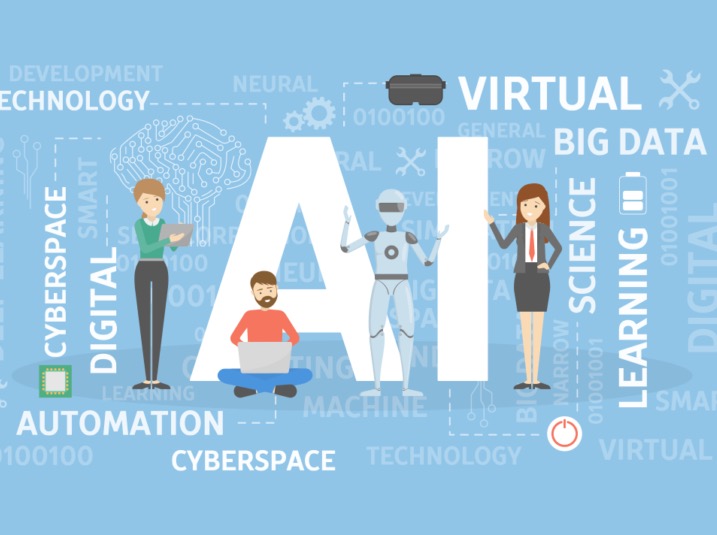The battle for consumer attention in marketing and media is more competitive than ever, but artificial intelligence (AI) has emerged as an ally. With its ability to process vast amounts of data and make informed predictions, AI is transforming the landscape of marketing across various sectors. Let's delve into how AI is reshaping the industry and the impact it has on marketing strategies.
One of the most noticeable impacts of AI in media is the increase in personalized content recommendations. Platforms like Netflix, Spotify, and YouTube leverage AI algorithms to analyze user behavior and preferences. They can deliver tailored recommendations that keep consumers engaged. By understanding individual tastes and viewing habits, AI ensures that users are presented with content that aligns with their interests, leading to increased engagement.
The influence of AI doesn’t stop at content curation. AI-powered analytics have revolutionized advertising by enabling marketers to target an audience with precision. Through data mining and machine learning algorithms, advertisers can segment audiences based on demographics, interests, and browsing history, allowing for personalized campaigns. That maximizes the effectiveness of marketing efforts and ensures that messages resonate with the audience.
It also analyzes trends, audience preferences, and historical performance data to generate insights informing creative decision-making. Algorithms offer insights that fuel production and allow content creators to make data-driven decisions that increase the likelihood of success in an increasingly competitive market. It enables marketers to tailor content that resonates with the audience and fosters a stronger connection.
We can’t forget the frontline of customer engagement: chatbots and virtual assistants. These AI-powered interfaces are reshaping customer engagement strategies. They provide instant support, personalized recommendations, and interactive experiences, enhancing customer satisfaction. Whether it's answering queries about a TV show or facilitating ticket purchases, AI-powered assistants engage audiences and drive conversions.
AI's ability to analyze vast amounts of data in real time enables marketers to optimize their campaigns. It continually refines and improves campaign performance based on evolving consumer behavior. That ensures that marketing efforts remain responsive to changing market dynamics, ultimately driving better results and ROI. AI allows brands to stay ahead of trends and engage consumers more effectively.
As a college student in today's tech-driven world, I have found that leveraging AI enhances my academic productivity. It enables me to quickly summarize lengthy articles, which is especially useful during the research phase of my projects. Additionally, AI's ability to generate creative topic ideas offers a fresh perspective when brainstorming for assignments. That allows me to allocate more time and energy to developing deeper insights and crafting thoughtful work.
Yet, with great power comes great responsibility. AI offers tremendous benefits to marketers but also raises important ethical considerations. Issues like data privacy and the potential for manipulation require careful attention and regulation to ensure that AI is used responsibly. Marketers must prioritize ethical practices and accountability to maintain consumer trust and uphold industry standards.
AI is shifting how we approach communications. The potential for personalized engagement and data-driven decision-making opens a realm of possibilities for creating content that resonates with audiences. By harnessing the power of AI, marketers can optimize campaigns and enhance the overall customer experience. AI is here to stay, so it’s time to embrace the future and explore the endless ways to leverage its capabilities in strategic communications.



Comments
Post a Comment